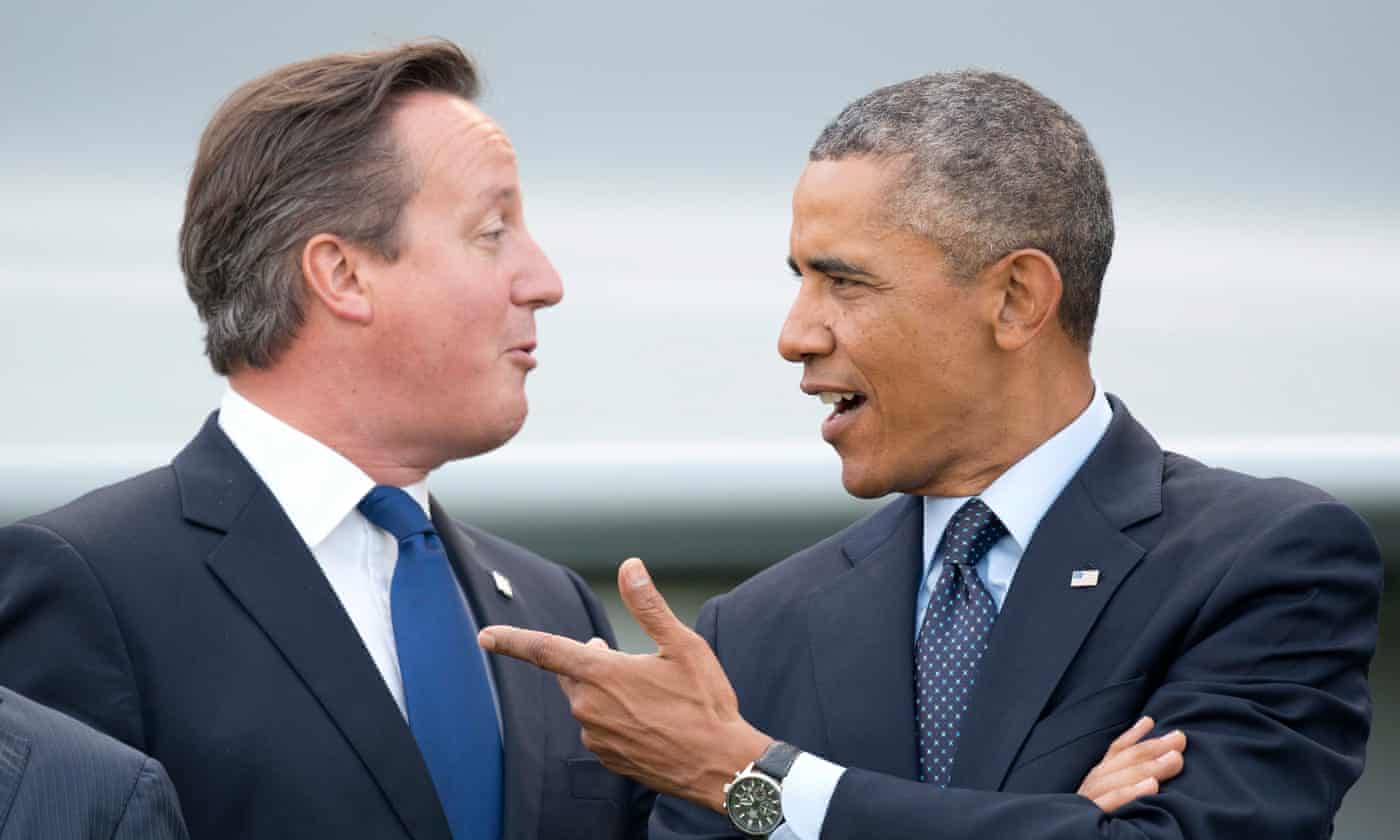
More than one in 20 Irish secondary school students has sent a naked picture or video of themselves to a stranger online
reports
Aaron Rogan in the Times, meaning that — if laws are to be taken as literally, and as blindly, as in certain American states — for their own good, as well as the good of society, thousands or even tens of thousands of Irish youths (female as well as male) need to be taken to court and have
their lives destroyed by being put on
sex offender registries.
Remember that for the sake of "protecting children," the authorities would (not without reason) go after people who, among other things, manufacture and disseminate child pornography. In American cases, this has led to a Pandora's Box where teens (young as well as older, i.e., fully formed, teens) are often charged with
disseminating child porn by usually sending naked photos of…
themselves (!) to a single classmate that they are, or that they want to be, romantically (or at least sexually) involved with. (Cheers for the link,
Maggie.)
Here in Ireland (shudder), teens sexted with
complete strangers!
Which brings to mind perhaps the best single sentence on
the matter ("Charging a teenager for taking a nude selfie means the state is charging
the supposed victim [!]—an absurd result that the legislature can't have
intended when it passed [the] child pornography statute"), which comes from
Glenn Reynolds: "It’s absurd to say that teenagers aren’t mature enough to engage in [sex online], but are mature enough to be treated as felons if they do."
A survey conducted by Marina Everri, a social psychologist from the
London School of Economics and head of research at Zeeko, a start-up
backed by University College Dublin, revealed that 7 per cent of Irish
secondary students had sent a nude or semi-nude image or video of
themselves to a person they met online. A sexual selfie had been sent to
a stranger online by 10 per cent of boys compared with 4 per cent of
girls. The percentage of pupils rose from 3 per cent in their first year
to 15 per cent in their sixth year. The study surveyed 3,231 secondary school pupils, made up of 1,408 females and 1,823 males from 30 schools.
Thirteen
per cent had sent a nude or semi-nude image or video and 15 per cent
had shared or shown a friend an image that was sent to them. Boys were
more likely to send sexts, with 17 per cent having sent a nude or
semi-nude photo or video compared with 9 per cent of girls. Dr Everri
said that the trends were broadly in line with similar countries but
highlighted the need for more education for Irish children about the
dangers of their behaviour online.
“Teenagers are curious about
sexuality and using digital devices. We know the boundaries for being
offline and online are continuously blurred for them now so when they
explore their sexuality it is happening online as well,” she said. “We
need to consider the content so that we know if it is videos, semi-nude
pictures or just sexual flirting through text. Before creating a moral
panic we need to recognise that sexual behaviours online and offline are
different because an image can be shared and stay around pretty much
for ever. Children need to be made aware of that.”
Dr Everri said
that the increase in sexting should not be considered alarming because
it was a new form of teenagers fulfilling development tasks and needs
that were previously carried out offline. “Texting, sharing videos and
photos, encounters with strangers and looking for strangers online to
meet offline respond to adolescents’ need to expand their social network
outside of their families,” she said. “However, there is a need for
education programmes that teach adolescents how to critically assess the
content and potential risks.”
The research showed that secondary
school students were aware of the risks about sexting, with 76 per cent
saying that being careful about the photos and videos they put online
was a serious or very serious consideration.
The research also
looked at bullying and aggressive behaviour online. It found that 20 per
cent of students claimed to be victims of cyberbullying, which has
remained stable in recent years. The survey also found that 49 per cent
of secondary school students had spoken to strangers online and 16 per
cent had met someone they first spoke to online.
The government has set the age of 13 as the minimum for children to be allowed to open social media accounts.











